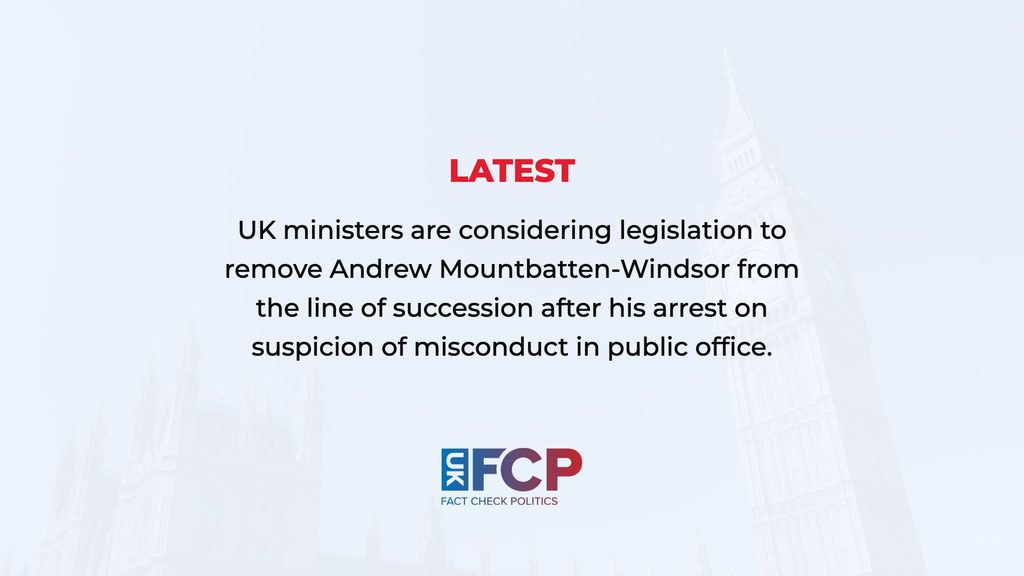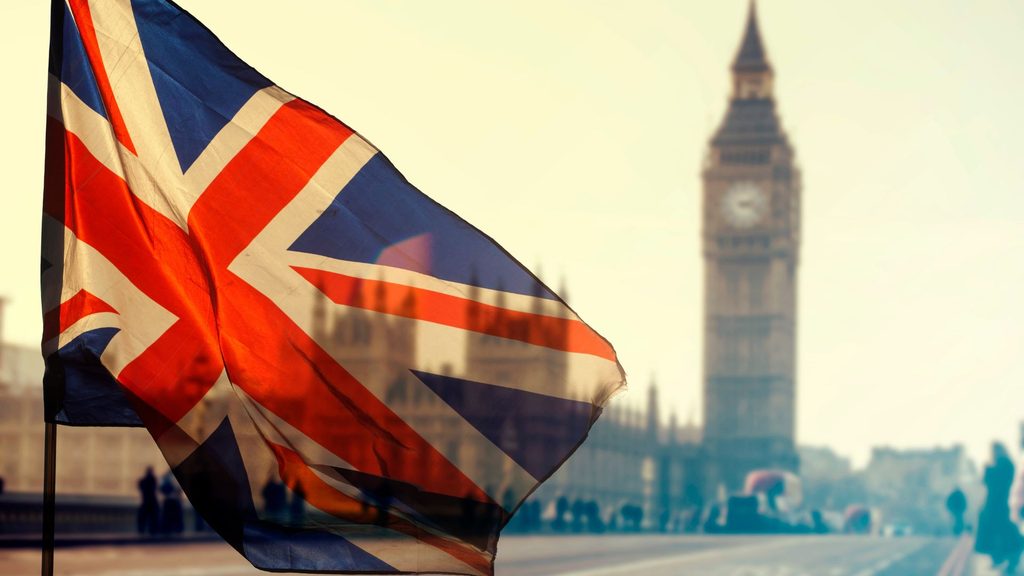Those granted asylum in the UK will see their status become temporary and regularly reviewed under sweeping reforms Home Secretary Shabana Mahmood will set out to MPs on Monday, in what she is billing as the most significant overhaul of the asylum system in modern times.
Modelled closely on Denmark’s hardline approach, the plans are designed to make it easier to remove people with no right to remain and to reduce what ministers describe as the UK’s “pull factors” for asylum seekers. Refugees would lose the expectation of a permanent route to settlement, and instead face removal as soon as their home countries are deemed safe.
At present, people recognised as refugees typically receive five years’ leave to remain and can then apply for indefinite leave and, eventually, citizenship. Under Mahmood’s proposals, refugee status would become explicitly temporary, tied to regular reviews of conditions in a person’s country of origin rather than to a clear pathway to settling in Britain.
Allies of the Home Secretary say the change represents a fundamental shift in principle. “Today, becoming a refugee equals a lifetime of protection in Britain,” one said. “Mahmood will change that, making refugee status temporary and subject to regular review. The moment your home country is safe to return to, you will be removed.”
The Home Office argues the reforms are needed because the UK has become a destination for what it calls “asylum shoppers” – people who, it believes, select countries on the basis of the generosity and stability of their asylum regimes. Mahmood has promised a policy of “less in, more out”, framed as restoring control over Britain’s borders after years of rows over small boat crossings and failed deportations.
In a video message posted on Friday, the Home Secretary described her package as “the most significant changes to our asylum system in modern times”, contrasting Labour’s approach with the previous government’s Rwanda scheme, which she said had wasted £700m without deterring crossings. She pointed instead to “record levels” of immigration raids and arrests under Labour, and nearly 50,000 people with no right to be in the UK removed since the party took office in July 2024 – a figure the Home Office says is 23% higher than in the 16 months before the last election.
Yet the pressures Mahmood is seeking to address are still acute. Small boat arrivals in particular continue to climb. Some 39,075 people have crossed the Channel so far this year, according to the latest figures, already surpassing the totals for the whole of 2024 (36,816) and 2023 (29,437). The number remains slightly below the equivalent point in 2022, when crossings peaked at 39,929, but the trend undermines political claims that previous crackdowns have worked.
Wider asylum pressures are also growing. Home Office statistics show 111,084 people applied for asylum in the UK in the year to June 2025 – the highest figure for any 12-month period since current records began in 2001. Ministers say this level of demand, coupled with an asylum backlog stretching over many months, makes the current system unsustainable.
Mahmood’s answer is to redraw that system along Danish lines. Denmark’s centre-left Social Democrats have presided over one of Europe’s toughest asylum regimes, introducing reforms from 2016 that coincided with a 40-year low in asylum claims. Failed asylum seekers are deported in around 95% of cases. Refugees receive temporary residence permits, typically for two years, and in effect have to reapply for protection when those permits expire. Even for those allowed to extend their stay, the route to citizenship has become longer and more demanding.
Copenhagen has also been prepared to act aggressively on the question of “safety” in countries of origin. Four years ago the Danish government moved to withdraw protection from around 200 Syrian refugees on the grounds that some parts of Damascus and its surroundings were safe enough for return, despite the broader civil war. UK officials have been sent to Denmark to study such policies, and many of Mahmood’s proposals are expected to follow the same logic.
In Britain, that would mean a decisive break with the idea that a successful asylum claim nearly always leads to a settled future. Refugee status would be granted on a temporary basis, tied to regular reassessments of conditions in the country of origin. Home Office sources say that once those conditions are deemed safe, refugees would be expected to leave, even if they have lived in the UK for a number of years.
Alongside the redesign of status itself, Mahmood is preparing a raft of measures aimed at increasing deportations and limiting ways to resist removal. Judges are expected to be told to give greater weight to public safety than to arguments based on the right to a family life or the risk of “inhuman or degrading treatment” if a person is returned. The Home Secretary is also considering reforms to how the European Convention on Human Rights and domestic human rights law are interpreted by UK courts, to “end the abuse of the system that leads to unjustified claims to delay or stop deportations”, according to a Home Office source.
Rules on modern slavery claims are set for tightening too. Under the plans, migrants would be required to declare at the outset if they believe they are victims of trafficking or slavery, rather than being able to raise such claims later in the process, which ministers say has sometimes been used to frustrate deportations. The list of criminal offences that qualify foreign offenders for automatic removal is also expected to expand.
Ministers are additionally looking at Denmark’s stricter rules on family reunification, which make it harder for recognised refugees to bring relatives to join them. While the details of any UK changes have yet to be confirmed, officials have been examining ways to narrow eligibility, again with the aim of reducing what they see as incentives to choose Britain.
Supporters of the overhaul argue that, taken together, these measures will help to break the cycle in which people who arrive irregularly, including on small boats, end up remaining for years due to lengthy procedures, legal challenges and the difficulty of securing returns agreements with other countries. The Home Office points to a joint pilot scheme with France, launched in August, under which 113 people have been removed to the continent, while 92 have come to the UK under an approved safe route, as evidence that targeted cooperation can work.
But critics warn the new approach risks creating permanent insecurity for people who have already fled war or persecution, and could add to the very backlogs ministers say they want to clear. Enver Solomon, chief executive of the Refugee Council, said the changes would “unfairly prevent men, women and children from putting down roots and integrating into British life”.
“Refugee status represents safety from the conflict and persecution that people have fled,” he said. “When refugees are not stuck in limbo, they feel a greater sense of belonging, as full members of their new communities with a stable future for themselves, their children and generations to come. We urge the Government to rethink these highly impractical plans, which will also add to the backlog and chaos that the Home Office is tackling. Instead, they should ensure that refugees who work hard and contribute to Britain can build secure, settled lives and give back to their communities.”
Research on deterrence policies offers a mixed picture. Some studies have suggested tough measures and sharp rhetoric have little impact on where asylum seekers decide to travel, given that many are driven by factors such as conflict, existing family links and the presence of diaspora communities. Others point to Denmark’s experience with so-called “negative nation branding”, deliberately projecting a hostile environment for asylum seekers, as having helped suppress applications there. Policymakers in London have seized on the Danish example as evidence that a left-of-centre government can combine social democratic politics at home with uncompromising controls at the border.
Within Westminster, Mahmood’s plans will land in a highly charged political landscape. Labour came to power promising to end what it called the Conservatives’ “gimmicks” on migration, particularly the Rwanda scheme, which never saw a single deportation flight but cost hundreds of millions of pounds. At the same time, Sir Keir Starmer pledged to restore confidence in Britain’s borders and to break the business model of people-smuggling gangs.
To her critics on the right, Mahmood’s proposals do not go far enough: both Reform UK and the Conservatives argue that leaving the European Convention on Human Rights and reviving a Rwanda-style deterrent scheme would be more effective than tinkering with the current framework. To many refugee charities, legal experts and some backbench MPs, however, the reforms risk undermining Britain’s post-war tradition of offering lasting refuge to those fleeing danger, and could push the UK towards a more transactional, less protective model of asylum.
For those on the front line of the system – from caseworkers and judges to the men, women and children arriving in flimsy boats on the Kent coast – the practical consequences will become clearer only once the new rules are written into law and tested in the courts. Refugee groups fear that people who have started to rebuild their lives, find work, learn English and put children into school will face renewed uncertainty every time conditions in their home country are reviewed. Ministers, by contrast, insist that keeping protection strictly temporary is the only realistic way to manage numbers and maintain public consent.
As migrants continued to arrive in Dover on Friday, including families and at least one man in a wheelchair, Mahmood’s promise of “less in, more out” set the terms of a new phase in Britain’s long-running migration debate. Her statement to MPs on Monday will be only the beginning of a fierce argument over how far a country that once prided itself on offering a permanent safe haven should go in making refuge conditional, time-limited and, ultimately, revocable.







Comments
No comments yet. Be the first to comment!